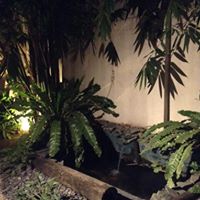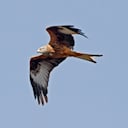What is "Blackbirding"?
Blackbirding involves the coercion of people through deception and/or kidnapping to work as unpaid or poorly paid labourers in countries distant to their native land. The term has been most commonly applied to the large-scale taking of people indigenous to the numerous islands in the Pacific Ocean during the 19th and 20th centuries. These blackbirded people were called Kanakas or South Sea Islanders. The owners, captains and crew of the ships involved in the acquisition of these labourers were termed blackbirders. The demand for this kind of cheap labour principally came from European colonists in New South Wales, Peru, Queensland, Samoa, New Caledonia, Fiji, Tahiti, Hawaii, Mexico and Guatemala. Labouring on sugarcane, cotton and coffee plantations in these lands was the main usage of blackbirded labour but they were also exploited in other industries.
Blackbirding ships began operations in the Pacific from the 1840s and continued into the 1930s. In the 1860s, Peruvian blackbirders sought workers at their haciendas and to mine the guano deposits on the Chincha Islands. From the late 1860s, the blackbirding trade focused on supplying labourers to plantations, particularly those producing sugar-cane in Queensland and Fiji.
The practice of blackbirding has continued to the present day, in certain developing countries. One example is the kidnapping and coercion, often at gunpoint, of indigenous peoples in Central America to work as plantation labourers in the region.
More Info:
en.wikipedia.org




